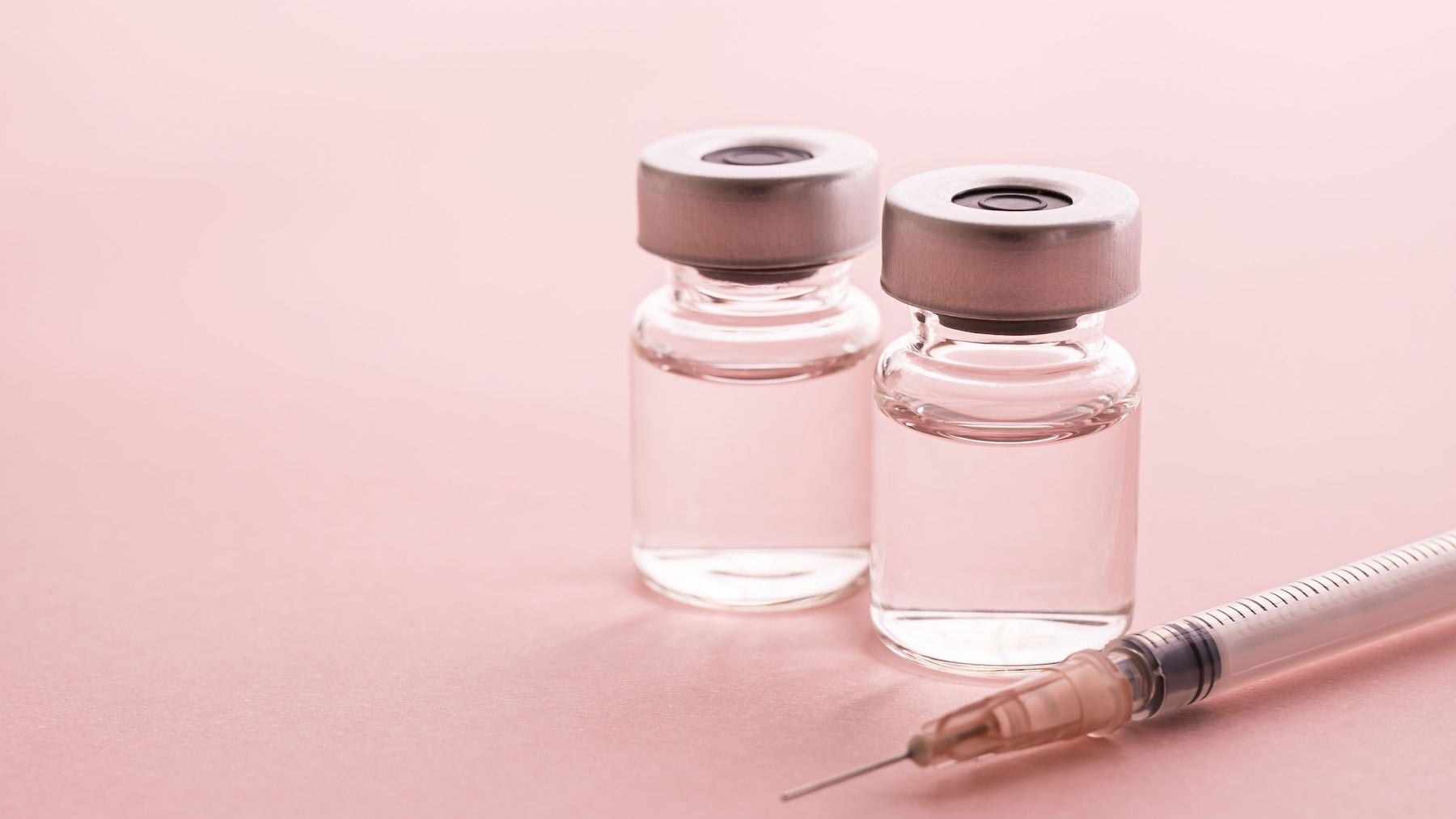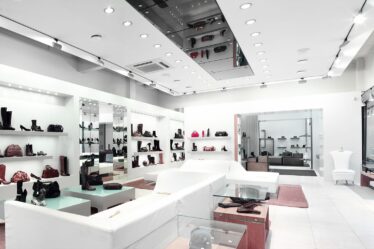
In a mansion on a hill with a killer view of Los Angeles, a dozen social media influencers have gathered to bake protein packed muffins, take selfies with giant injector pens and talk about how Ozempic has changed their lives. Welcome to the GLP-1 hype house, sponsored by WeightWatchers.
The day-long experience was a marketing event for WW International Inc.âs new prescription obesity drug service â possibly the biggest brand shift in the companyâs 60 year history. WeightWatchers has been enlisting influencers to âhelp bust the misconceptions and stigma around GLP-1 medicationsâ â as in weight-loss shots like Wegovy and Zepbound â and to âshare that WW is here to support you,â according to an email sent out to multiple potential partners viewed by Bloomberg News.
It didnât go as planned. A social-media backlash started brewing before the posting even began. Back in December, the company reached out to influencers who post their Ozempic, Wegovy and other weight-loss drug use, asking them to hawk their new service. The anger was twofold: Many of those people had negative associations with the brandâs decades-long approach to food and dieting. A few said WeightWatchersâ points system, which assigns number values to food for optimal nutritional intake, led to their own disordered eating.
âSometimes itâs painful just to hear their name brought up. They have left a lot of trauma, especially in our community,â said Jennifer Witherspoon, who often posts about her GLP-1 use to her nearly 90,000 followers on TikTok.
The other issue was the campaign itself. Alexis Clingenpeel, who documents her journey with Mounjaro on TikTok, said in early December WeightWatchers offered her $750 to post about âthe GLP-1 Programme,â a new service meant to support people taking drugs like Wegovy and Zepbound. âThey asked me to promote a product Iâd never tried,â she said. âThey basically asked me to lie.â
The contract, viewed by Bloomberg, also had a non-compete clause barring participants from working with other digital weight-loss brands like Calibrate and Noom, or with nutrition programmes like Whole30 or the Paleo Diet during the campaign and for a week before and after. They also couldnât go on weight-loss competition shows like âThe Biggest Loser.â
When Clingenpeel didnât respond, the company reached out again, bumping the offer up to $1,200. She ultimately declined. The 25-year-oldâs mom did WeightWatchers and she remembers the humiliation of watching her stand on a scale in front of a room full of people â part of the programmeâs weekly meetings. At her momâs urging, Clingenpeel started counting points when she was 11.
The GLP-1 house â which included branded aprons that said âitâs giving proteinâ and an appearance by the drag queen Kim Chi â only inflamed the backlash. Influencers called it âout of touchâ and made parody videos of âlow-budgetâ versions of the GLP-1 House. Some even targeted those who attended. âAll it did was make us cringe,â said 32-year-old Ashley Dunham, who has almost 85,000 followers on TikTok. She turned down WeightWatchersâ offer in December, too. âI understand trying to reinvent themselves, but I think that reinvention needs to start with an apology.â
WeightWatchers declined to comment citing a quiet period before reporting earnings at the end of the month. The service still has a loyal following: Hundreds share success stories on the companyâs Facebook page. And not all influencers balked at the offer. At least a dozen posted paid promotions for WeightWatchersâ GLP-1 clinic or from the hype house. Multiple people who attended the event didnât respond to requests for comment.
After three years of declining sales, WeightWatchers is struggling to stay relevant. Last spring, it abandoned its full-throated embrace of lifestyle changes as a means to losing weight when it acquired a telemedicine startup to sell popular obesity drugs, like Wegovy and Zepbound. The news of the deal sent the companyâs stock soaring, but it raised questions about how a dieting service could co-exist with the advent of powerful and popular weight-loss shots.
âIt is our responsibility, as the trusted leader in weight management, to support those interested in exploring if medications are right for them,â chief executive officer Sima Sistani said in a statement last year.
The âWeightWatchers GLP-1 Programâ launched in December. To maintain some continuity between the old and new business models, the company said in a press release that itâs offering âtailored behavioral supportâ for people taking weight-loss shots. In January, WeightWatchers suffered its worst month on record â wiping out a year of gains since the acquisition announcement.
The company has long used grassroots online campaigns and bloggers to tout its services, said Erin Willis, a professor at the University of Colorado at Boulder who studies how health messaging affects consumersâ behaviour. Now that much of the conversation around weight-loss products has moved to social media, WeightWatchers has, too.
Sistani has 39,000 followers on TikTok, where she does âmyth bustingâ about her company and posts diet-friendly snacking tips. (Sistani founded group video-chat app Houseparty, which was later bought by Epic Games.) Medical Director Spencer Nadolsky has an impressive 396,000 followers on Instagram. The former NCAA Division 1 wrestler-turned-doctor shares weight-loss memes and news about GLP-1s. Heâs also active in the comments, where he corrects medical misinformation and occasionally defends himself from accusations of being a âsell outâ for jumping on the weight-loss drug train.
The GLP-1 house was part of a larger social media marketing push for WeightWatchersâ new obesity drug service. In December, Nadolsky did an interview with running influencer Kate Mackz. That same month, the company rolled out a âpop-up coffee cart busting the BS about weight & GLP-1sâ in New York City. It brewed âWeightWatchers Truth Serum Coffeeâ and specialty drinks with sugar-free syrups like âthe Stigma-chinoâ and âthe Myth-acchiato.â
Branded experiences are part of the fabric of social media. Tarte Cosmetics reportedly spent hundreds of thousands of dollars last year to fly 50 US-based beauty influencers to Dubai. Sunglass Hut recently hosted a summer camp-themed event in upstate New York. Clothing brand Revolve sends influencers to Coachella every year.
WeightWatchers, however, may have underestimated the difficulty of its attempted makeover. Sistani told Bloomberg Businessweek last year that she was fine rubbing loyalists the wrong way to win over a new crowd. She figured she could replicate the community WeightWatchers had created with dieting, but around weight-loss drugs.
Some donât see why they need WeightWatchers for that. âOnce youâre on the medication, you donât need a points system telling you how to eat,â Dunham said.
By Madison Muller



